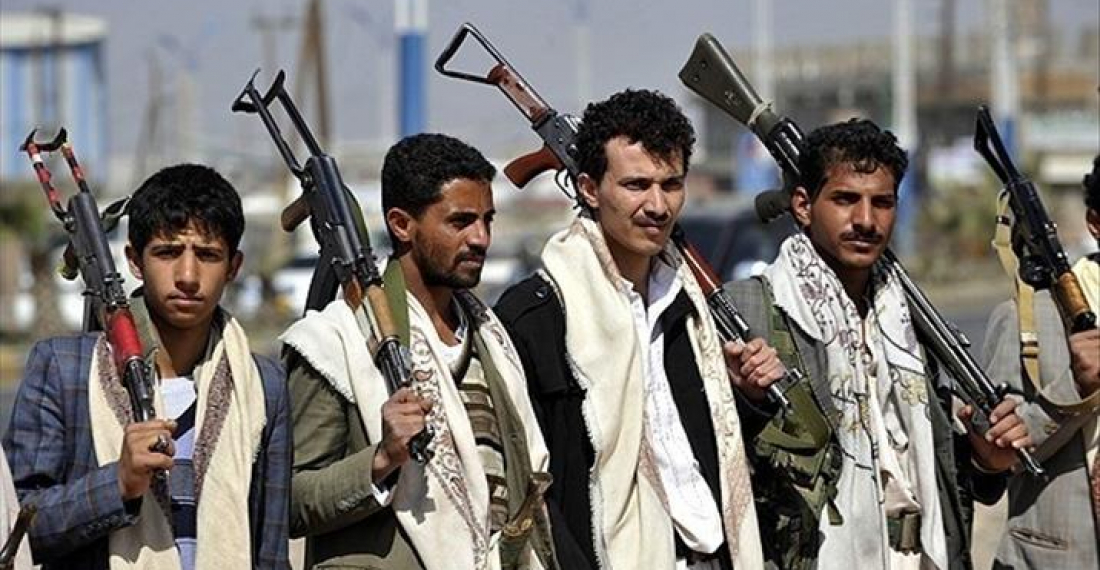The news earlier this week that the United States had designated the Yemeni Houthis as a terrorist organisation has had a mixed reaction in the region and beyond. (read more here)
But now the European Union has thrown its weight against the designation. In a statement by the spokesperson issued on Tuesday (12 January) the EU leaves no doubt where it stands on the matter. (The term Ansar Allah is the formal name of the Houthi leadership)
The US designation of Ansar Allah as a Foreign Terrorist Organisation, in addition to the designation of three of its leaders, risks rendering UN-led efforts to reach a comprehensive solution to the Yemen conflict more difficult. It will complicate the necessary diplomatic engagement with Ansar Allah and the work of the international community on political, humanitarian and developmental matters.
The EU is particularly concerned about the impact of this decision on the humanitarian situation in Yemen, currently facing an imminent risk of widespread famine. The designation is likely to have disruptive effects on the delivery of humanitarian aid funded by the international community and further aggravate the economic crisis which has resulted from over five years of conflict.
The EU remains convinced that only an inclusive political solution can end the conflict in Yemen and will continue to promote dialogue among all parties. In coordination with the international community, the EU stands ready to support efforts that mitigate the impact of the designation on the delivery of aid and on the economy, with a particular attention to the functionality of the private sector.
related content: Opinion: Yemen's grim reality







